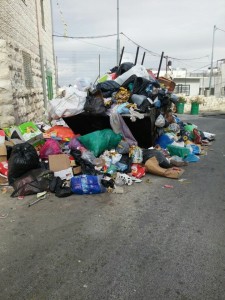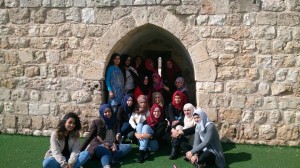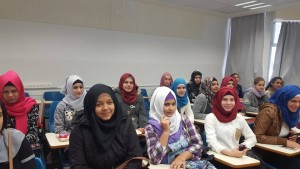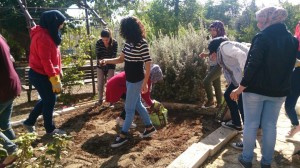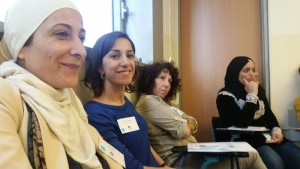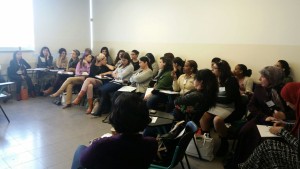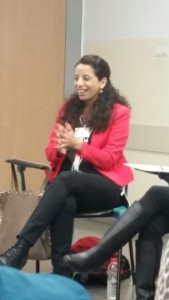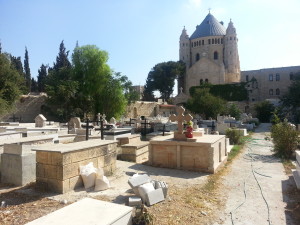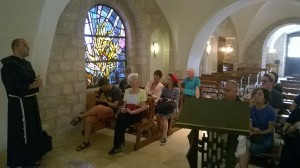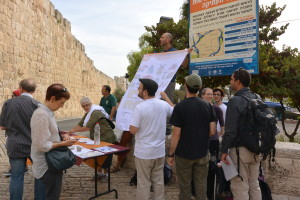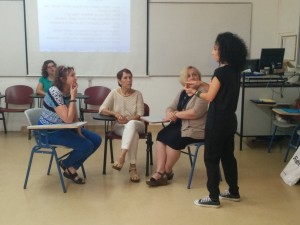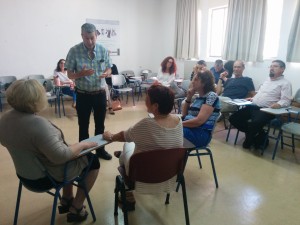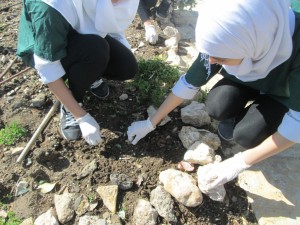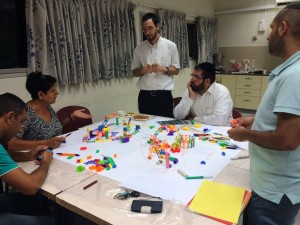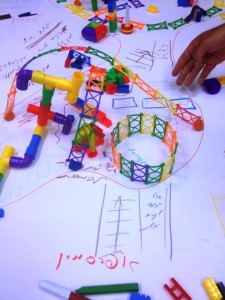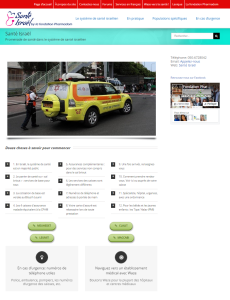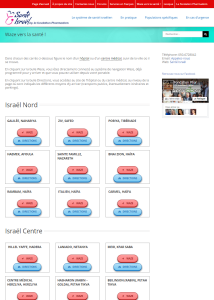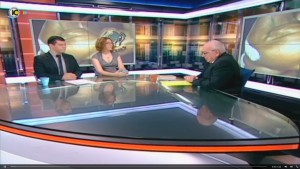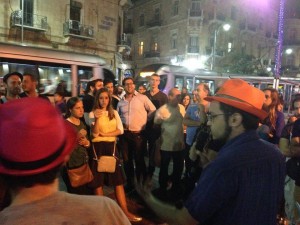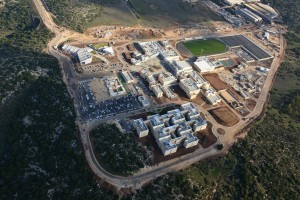MiniActive Youth, Striving for Normalcy in Abnormal Times
The past few months have been difficult for us all in Jerusalem, with its uncertainty, violence, increased army and police presence. For the Palestinian population, add to this riots, police raids, roadblocks at entrances to Palestinian neighborhoods that severely limit movement, including extreme difficulty in getting to work or school, especially if they are outside of the neighborhood. In short, life in East Jerusalem these days is quite far from being a bed of roses.
Through it all and despite it all, our MiniActive network for Palestinian women continues to be a ray of light. Throughout the despair, MiniActive continues to empower women to stand up for their rights and create change. Throughout the trials and tribulations of this difficult time, the MiniActive network of women has stayed strong, continuing to fight for cleaner streets and other services, continuing to educate women in practical skills from leadership to the environment to Hebrew language that will help them to gain access to critical services, continuing to provide enrichment activities for its members, from exercise to dessert making (hmm, interesting correlation…) to computers to trips to Acco, Haifa, Tiberias.
And remarkably, MiniActive Youth – our new extension for teenage girls from all over East Jerusalem that meets at the Abna al-Quds Community Center – has continued as well, and flourished. When things really started getting difficult, we thought that this might be time for MiniActive Youth to take a hiatus. “These girls can barely get to school, they can barely get out of their neighborhoods,” we thought. “How can they come from all over to Abna al-Quds?”
But in fact, they came, and they continue to come. Despite all the logistical challenges. Despite the fact that they are girls, which means they are traditionally considered weak and ones who must be looked after, making it more likely that their families would not allow them to leave their neighborhoods. MiniActive Youth symbolized for them a structure that they yearned for. It symbolized a state of normalcy that they craved. It was empowering them to be able to change at least their immediate surroundings and beyond – and because of that, they continued to come. We have a total of 25 teenage girls, from neighborhoods that include: Issawiya, Wadi Joz, Ras el-Amud, the Old City, Silwan, Abu Tor, Kufr Aqeb. They’ve already participated in a 6-session leadership course, where they learned how to plan and lead activities, follow-up, interpersonal communication, and more. Just this last week, they began a Hebrew course, to be given at the Hebrew University of Jerusalem.
They will also take part in a course on the environment, and are working on a gardening project, in Abna al-Quds’ community garden. The theme – “Let’s eat locally” – growing vegetables in the garden. We’ll save you some cucumbers.
Many thanks to the Jerusalem Foundation and its donors for its ongoing support of this program.

